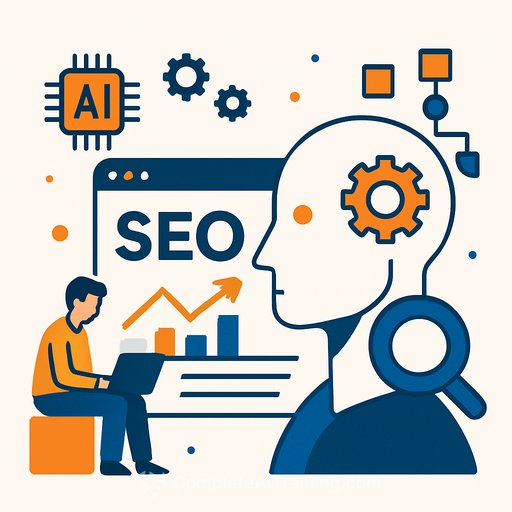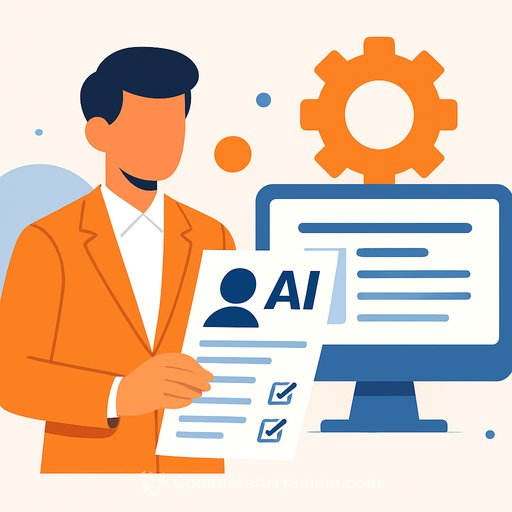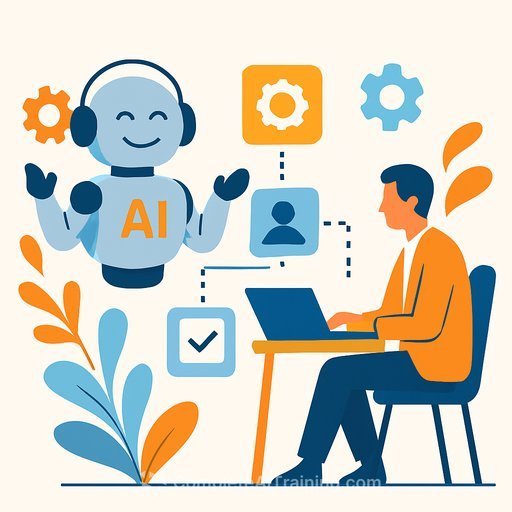The Future of SEO: How AI Is Reshaping Search Algorithms
Artificial intelligence (AI) is changing how search engines work by making algorithms smarter and more context-aware. This shift affects search rankings and SEO strategies. To stay competitive, brands need to adapt their SEO approaches to align with these changes and maintain visibility.
Technology and culture evolve constantly, and AI has become a key player in various fields—from industry to everyday tools like smart devices and assisted driving. One of the biggest impacts of AI is on search engines and, by extension, search engine optimization (SEO). While AI offers many benefits, it also brings new challenges and questions for digital marketers.
How is AI Used in Search Algorithms?
Search engines have progressed significantly over the last two decades. Early on, they focused mainly on keyword matching to deliver relevant results. Today, they use a combination of AI techniques such as machine learning (ML), natural language processing (NLP), and semantic search. These allow search engines to better understand the context and intent behind queries.
Google leads in applying AI to improve search results. In 2015, it introduced RankBrain, an AI-based system that influenced rankings. Later, it rolled out BERT in 2019 and MUM in 2022, each adding more advanced ways to interpret content and queries. These updates changed the SEO landscape, making some traditional tactics less effective while introducing new ranking factors.
AI-Driven SEO Strategy
Classic SEO practices like focusing on relevant keywords and domain authority remain important. However, AI has introduced new considerations that impact how sites rank and perform.
Quality Content
Google emphasizes content that demonstrates experience, expertise, authoritativeness, and trustworthiness—often referred to as E-E-A-T. This means content should be created by knowledgeable authors, be well-researched, and reliable. AI-powered algorithms identify and reward content that meets these standards, making quality more critical than ever.
User Experience
Search engines prioritize delivering a consistent, useful experience to users. High bounce rates signal that visitors aren’t finding what they need, which can hurt rankings. Improving site navigation, structure, and loading speed helps keep users engaged and supports better search placement.
Technical SEO
Technical factors remain a foundation of strong SEO. Fast loading times, mobile-friendly design, and clear site architecture matter. Structured data markup (schema) also helps search engines categorize and index content effectively, improving how results appear in search pages.
Predictions for the Future of SEO with AI
AI’s role in search algorithms will continue to grow, influencing SEO in several key ways.
Search Personalization
Search engines are getting better at tailoring results based on user intent, location, history, and preferences. AI will deepen this personalization, offering more relevant answers that reflect individual user behavior and interests.
Conversational AI
Voice assistants like Alexa, Google Assistant, and Siri rely on AI to interpret voice commands. As these tools improve, SEO strategies will need to adapt by incorporating more natural, conversational keywords and phrases to capture voice search traffic.
Zero-Click Search Trend
More searches now end without clicking through to a website, as answers appear directly on search result pages via featured snippets or knowledge panels. While this can reduce website traffic, becoming the trusted source for direct answers boosts brand visibility in search results.
Adapt Your SEO Strategy with AI Trends
AI is becoming integral to digital marketing and SEO. Staying ahead means adjusting your tactics to fit new ranking factors and user behaviors driven by AI. Keep focusing on quality content, user experience, and technical SEO, while preparing for increased personalization, voice search, and zero-click results.
For marketers looking to strengthen their AI knowledge and skills, exploring specialized training can be a practical step. Resources like Complete AI Training’s latest AI courses offer up-to-date learning paths to stay current with AI-driven trends.
Your membership also unlocks:





